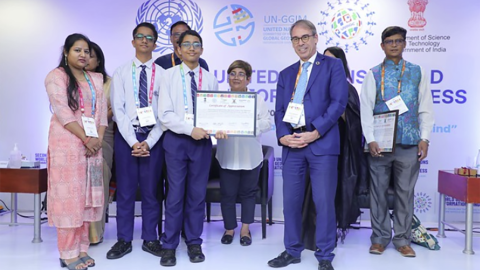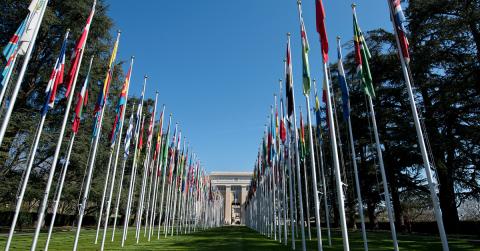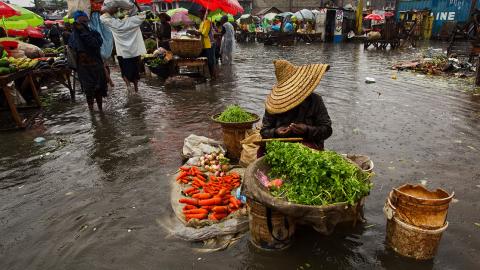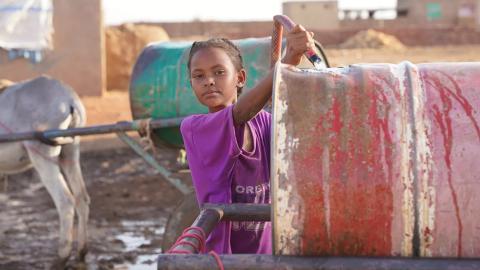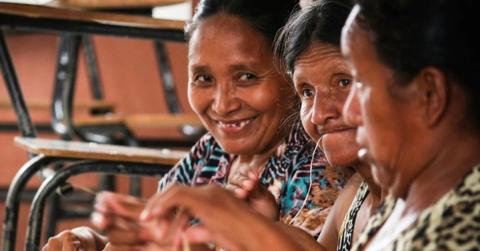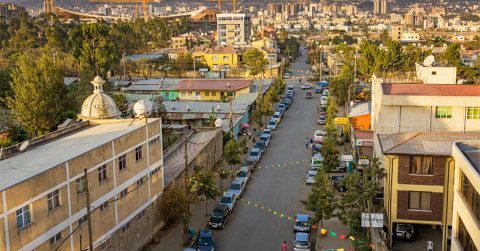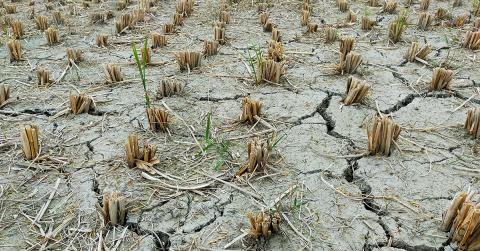Geospatial information: Game-changer for sustainable development
Over 200 high-level policymakers and senior government officials with scientists, engineers, innovators, entrepreneurs and representatives of science and technology communities, the UN system and international organizations will meet in Mexico City from 8 to 10 October 2024. They will identify pathways on the use of geospatial information and related tools for sustainable development, under the theme of “Accelerating Implementation: Achieving Resilience”.
Sustainable development and taxation: UN tax experts to meet in Geneva
The United Nations Committee of Experts on International Cooperation in Tax Matters (UN Tax Committee) is set to convene its 29th Session at the United Nations Headquarters in Geneva, Switzerland from 15 to 18 October 2024. This meeting comes at a critical time as countries worldwide grapple with economic, social, and environmental challenges and seek to align tax policies and administration with the Sustainable Development Goals.
Fostering sustainable and resilient societies in uncertain times
The world is facing multiple crises, from the lingering effects of COVID-19 to rising conflicts, natural disasters and the accelerating impacts of climate change. These challenges have been exacerbated by increased inequalities, pollution and biodiversity loss, which disproportionately impacts women, girls and marginalized populations. To address these challenges, investing in social protection systems, adaptation and resilience are essential to help countries tackle current and future risks.
Revealing the hidden face of poverty
The International Day for the Eradication of Poverty 2024 highlights a widespread but often ignored aspect of poverty: social and institutional mistreatment. This hidden violence, which includes stigma, discrimination, and the denial of basic human rights, causes deep harm to individuals and communities already struggling with poverty.
Ageing with dignity: Strengthening care and support systems for older persons
Population ageing is a global phenomenon that is accelerating. Within the next 30 years, the majority of older persons is expected to reside in developing countries. This demographic shift, where people are living longer, is a human success story, not a crisis. However, it is transforming the caregiving landscape, with care options varying significantly across countries, shaped by the availability of services, cultural norms, and financial conditions.
Now is the time for action to advance sustainable energy for all
With only six years left to achieve the Sustainable Development Goals (SDGs), the promise of the 2030 Agenda for Sustainable Development is in peril. The fragility of past hard-earned progress has been exposed by the climate crisis, spreading conflict, and a constrained global economic outlook.
Preparations underway for financing a sustainable future
The first session of the Preparatory Committee (PrepCom) for the Fourth International Conference on Financing for Development (FfD4) will review progress and gaps in implementing the Addis Ababa Action Agenda and identify actions to accelerate reaching the Sustainable Development Goals.
13 must-attend special events at the 2024 HLPF
At this year’s High-level Political Forum on Sustainable Development (HLPF), prepare to be inspired by a dynamic lineup of special events, curated by UN DESA and organized by key partners. These high-profile gatherings will unveil flagship reports and host discussions with a wide range of speakers, all designed to ignite engagement and commitment to the Sustainable Development Goals (SDGs).
Prices on a warming planet - the inflationary effects of climate change
Climate change is no longer a distant threat. Its adverse impacts on both human societies and natural ecosystems are already unfolding across the world. 2023 was the warmest year on record by a clear margin, and records were broken for ocean heat, sea level rise and glacier retreat. The multifaceted nature of these impacts is evident through droughts, forest fires, excessive precipitation, floods, heatwaves, hurricanes, intense frost periods, and weather that defies seasonal patterns.
Expert report to urge government synergy in tackling climate and sustainable development crises
A new report by a UN-convened expert group will urge governments to break down siloes at national and international levels to address the climate and sustainable development crises and achieve transformative change. On 16 July, the 2024 report of the Expert Group on Climate and SDG Synergy - co-convened by UN DESA and UN Climate Change (UNFCCC) - will be presented to delegates at a special event of the UN High-level Political Forum on Sustainable Development (HLPF) in New York.
 Welcome to the United Nations
Welcome to the United Nations
